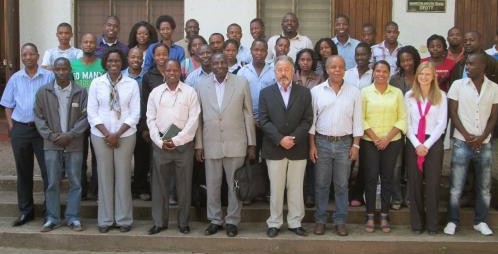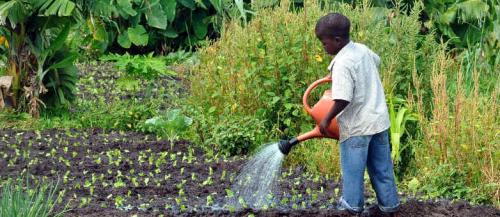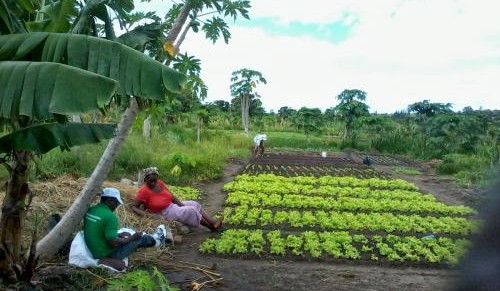Trilaterial Cooperation to Improve Agriculture and Food Security in Mozambique [2013 - 2016]
Co-Principal Investigators
-
Rui Benfica
Former Associate Professor, International Development
RMSBENFICA@GMAIL.COM
-
Cynthia Donovan
Associate Professor
donovanc@msu.edu
517-432-2664
-
Songqing Jin
Professor
jins@msu.edu
517-353-4522
 Overview
Overview
Funded by USAID, this project adopts an innovative model for delivering a program that involves collaboration between two donor countries to help one beneficiary country, in this case, the U.S. and Brazil assisting Mozambique.
The project's primary goals are to reduce hunger and poverty in Mozambique by increasing agricultural productivity, creating economic opportunities and enhancing human nutrition. Partners based in Brazil and Mozambique will include institutes of higher learning and agricultural research agencies. MSU/AFRE researchers are supporting the efforts of colleagues at the University of Florida (UF) who spearheaded the effort to secure the award and implementation.
Timeline
These two US Universities will work with Embrapa - Brazil's public agricultural research organization - and with Mozambican collaborators in its National Agricultural Research Institute and the Ministry of Agriculture to improve productivity and marketing of fresh produce in the south of the country. MSU will play two roles in the project: providing empirical research and programmatic guidance for the design of investments in Mozambique's horticultural system, and ensuring rigorous analysis of the impact of the school feeding program on participating children, their families, and farmers that supply the schools with food.
Information Links
Surveys horticulture with farmers in the peri urban zone of Maputo










 Print
Print Email
Email